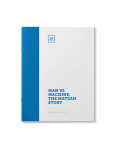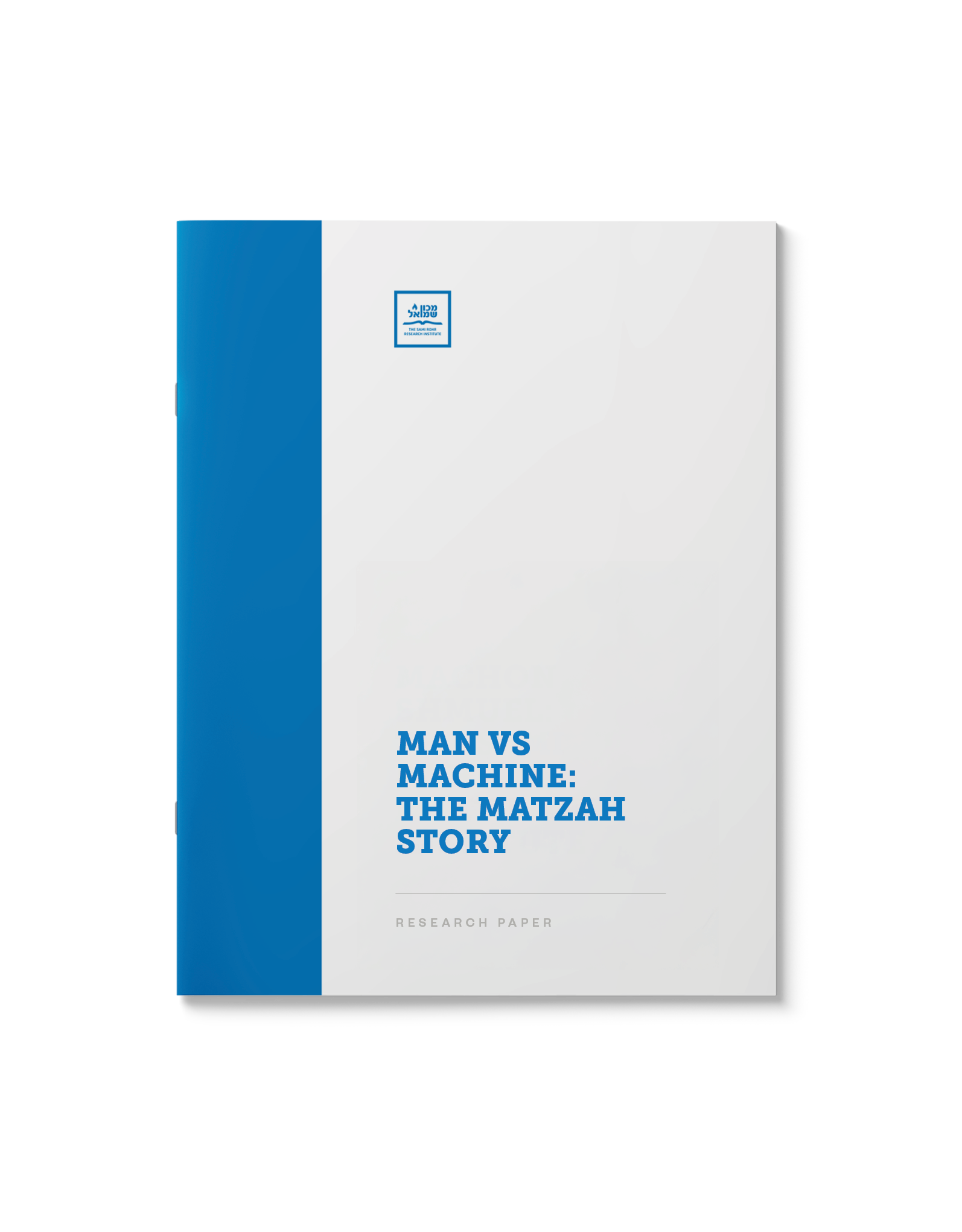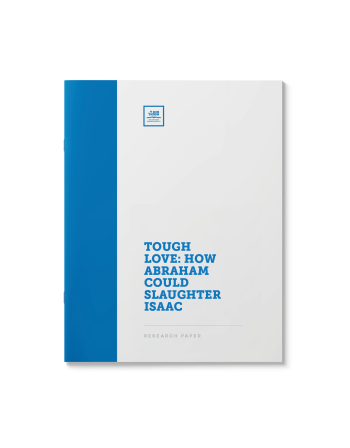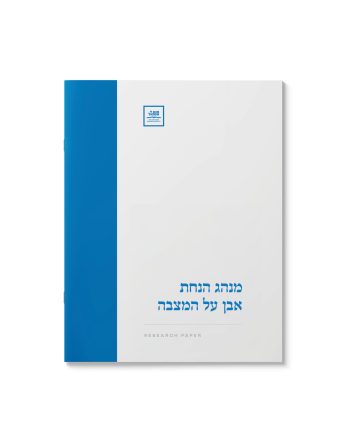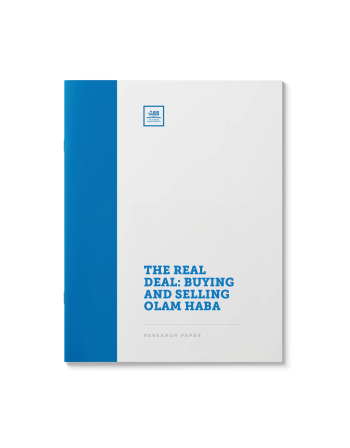עזר כנגדו
$39.00
לא טוב היות האדם לבדו. סקירה על דבר משמעות טובת האדם והתועלת שנוצרה על ידי בריאת האשה, על דרך הפשטני והמדרשי. עזר כנגדו.
| Language | Hebrew |
|---|---|
| Paper Type | Research Paper |
| Pages | 5 |
Related Products
Guidance from contemporary Poskim on the permissibility of contraception. Reviewed by a Moreh Hora’ah.
“Either way, they are My children” [Talmud].
Blood is thicker than water, they say. The bonds of family are the anchor of an emotionally and spiritually healthy life. But what happens to these relationships after one passes on? Do we “meet again on the other side”? Do families stick together in the hereafter? What about teachers and their pupils? Is this contingent on whether the two are buried in close proximity?
Do the souls of the departed maintain a relationship with those left behind? Do they relate to and empathize with the trivialities of our corporeal existence? Does prayer at their grave-site invoke merit on their behalf?
׳שפטרני מעונש הלזה׳ – ביטוי נדיר ותמוה. לפנינו סקירה כוללת על מקור מנהג אמירת הברכה בעת עלית הבר מצוה, טעמו וביאורו.
האם מותר להניח פרחים מעל ארון או קבר המת? הבנה יסודית בהגדרת האיסור והטעמים שלא ללכת בחוקות הגויים, מביא אותנו לסכם את שיטות הפוסקים בדין הנחת הפרחים.
Love is not bound by time. Even after a loved one passes on, they continue to live on in our hearts; we treasure the memories of the times we spent together and immortalize them through noble deeds.
But may we communicate with them after they’ve gone? The Torah (Devarim 18:11) instructs us to avoid all occult arts, such as sorcery, divination and necromancy. What are the details of these laws and what practical relevance do they have?
Related: Familial Bonds in the Hereafter and תפלה על קברי צדיקים
Table of Content
(21 PAGES)
Query from a Shliach in France
Without question, our prize possessions are the children we raise, and it is they who remain our legacy after we depart from the world.
Traditionally, children pledge funds to tzedakah and perform other good deeds in the merit of their deceased parents and loved ones.
What are the legal and philosophical arguments in defense of the idea that the deceased may enjoy the merits accrued by the good deeds of others? What if the individual was less-than righteous? Can the tzedakah by community members benefit their soul as well? What makes Yom Kippur a most propitious day to pledge tzedakah for the deceased?
מסתבר שכולנו בקיאים בתורה, או ליתר דיוק – היינו. אכן, במעי אמו, מלמדים להעובר כל התורה כולה. אלא כי רגע לפני צאתו לאויר העולם, בא המלאך ומשכחו. מהי אפוא מהותה ומטרתה של לימוד זו? ללמוד כדי לשכוח?
Many Jews won’t cut a boy’s hair until he is three years old. What is the history of this custom? What lessons does it hold for us? And does everyone have to keep to it?
Why reducing the sanctuary of the soul to a pound of ashes is an unforgivable sin.
מנהג ישראל קדום להניח אבן על מצבת הקבר כשמבקרים בבית החיים. לפנינו סקירה כוללת על מקור המנהג וטעמו. הקיצו ורננו שוכני עפר.
A cornerstone of our belief is that a life of good deeds is rewarded with “a world that is truly good” in the Hereafter.
Is there another way? Can one “purchase” eternal reward on the open market? Can you get the “deal of a lifetime” (or the afterlife!) on ebay?
What are the Halachic principles of such a transaction? Can one buy or sell such ‘intangibles’? Would the transaction by valid, legal tender? Do “free market principles” and “art of the deal” apply? How does this compare to the historic partnership of Yissachar-Zevulun?
Includes a collection of stories about tzadikim who engaged in such “commerce” throughout the ages for the benefit of klal Yisroel.
Missing persons raise
tough questions. How long must we wait before they are presumed dead? What is
the mourning process? And may the missing person’s spouse ever remarry?


